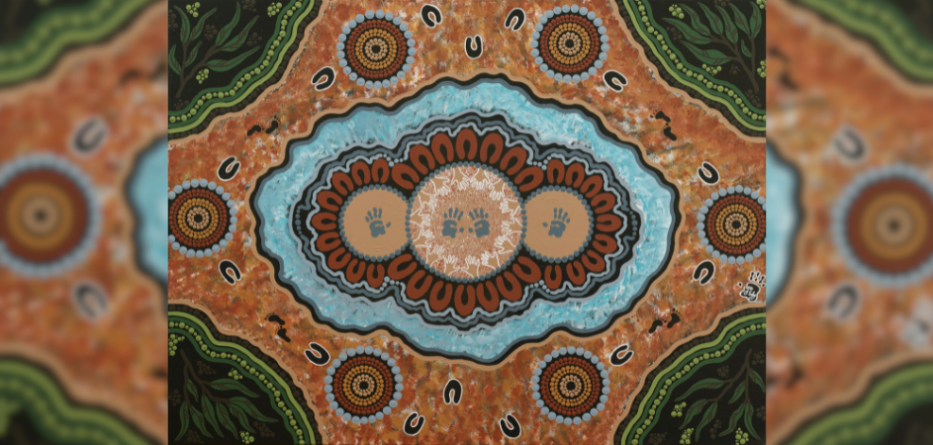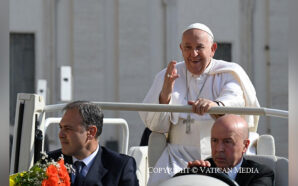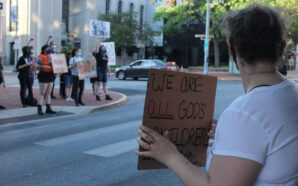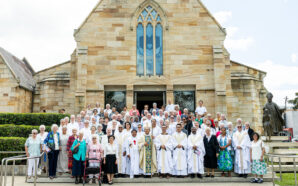February 13: Anniversary of the National Apology to the Stolen Generations
The Anniversary of the National Apology to the Stolen Generations offers space for reflection. Since the Referendum on the Voice to Parliament, the attitude of many non-Indigenous Australians to Indigenous Australians has been sullen and self-preoccupied. Many people resist any reference to past wrongs and to the need for reconciliation. The Apology embodied a better way – an honest view of the past and a generous example of acknowledging unfinished business and opening conversation about the future.
In the Apology the Australian Government spoke on behalf of all Australians in recognising that Australia had acted wrongly in removing Indigenous children from their parents. The removal was based in a lack of respect for the humanity of Indigenous Australians. It defined them by their inferior race and not by their equal humanity. Disrespect blighted the lives of the children affected, their families and their descendants. This disrespect reflected the experience of Indigenous Australians after settlement – an experience of invasion, massacre, displacement, expulsion from land and alienation from culture, violation of sacred places, the snatching of children, discrimination enshrined in law and in custom, racism and condescension within Australian life, and imposed marginalisation. It left unseen and unhonoured the heroic Indigenous story of endurance, resistance, guarding of culture and language, organisation, pride and constant struggle for justice. It also concealed the honesty and good will of the many Australians who recognised and deplored injustice and reached out to their Indigenous fellow Australians.
The Apology enacted respect, concern for truth and the desire for reconciliation. It was not a debate about Indigenous issues but a conversation between representatives of the Australian nation and Indigenous representatives. The Prime Minister made the Apology in person to representatives of the Stolen Generations, insisting that all Australians are equally entitled to respect, and that the Government is responsible to ensure that all Australians are treated fairly. The Apology also recognised that Indigenous Australians have a special place in Australia as the first peoples. To understand fully who we are as Australians we must recognise the continuing gift of our Indigenous heritage, the harm that our first peoples suffered, and the need to give expression to their special place.
In a harsh time of self-preoccupation and discontent following the loss of the Referendum, the Apology is both bracing and consoling. As we reflect on it we might also revisit the Uluru Statement on the Voice to Parliament. It breathed the same spirit. It is a beautifully written, disciplined, encouraging, respectful and modest message. It reflects the generosity of the Apology and merits being similarly treasured.
The Apology and the Uluru Statement retain their power as steps toward reconciliation. They were generous and magnanimous. Their memory is worth nurturing today and encouraging Indigenous and other Australian to continue to hope and work for reconciliation.
Fr Andrew Hamilton SJ writes for Jesuit Communications and Jesuit Social Services.








